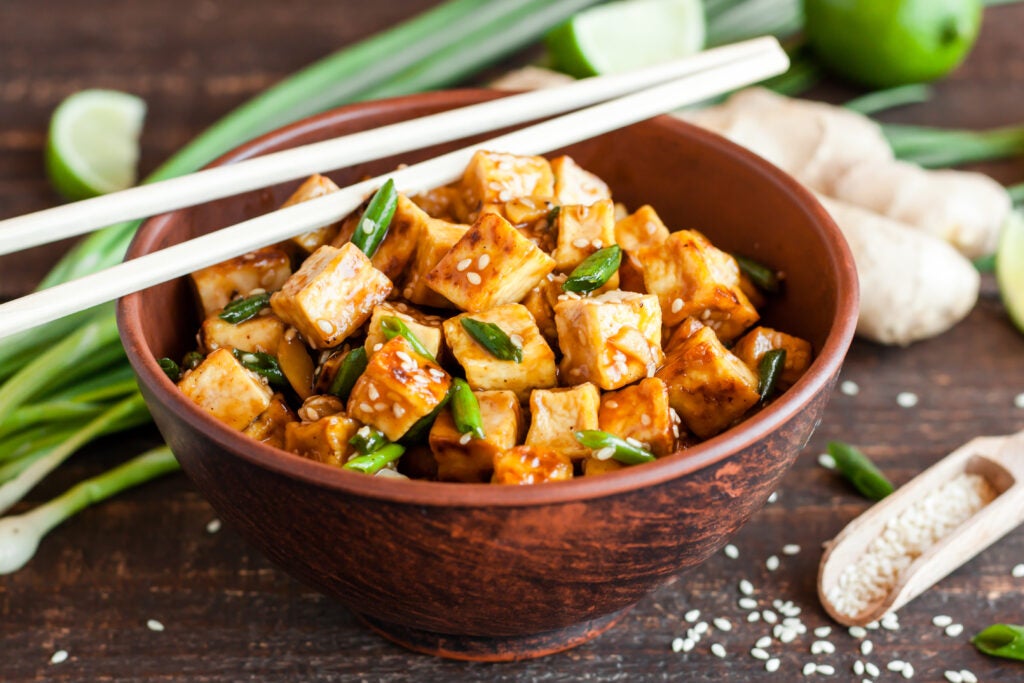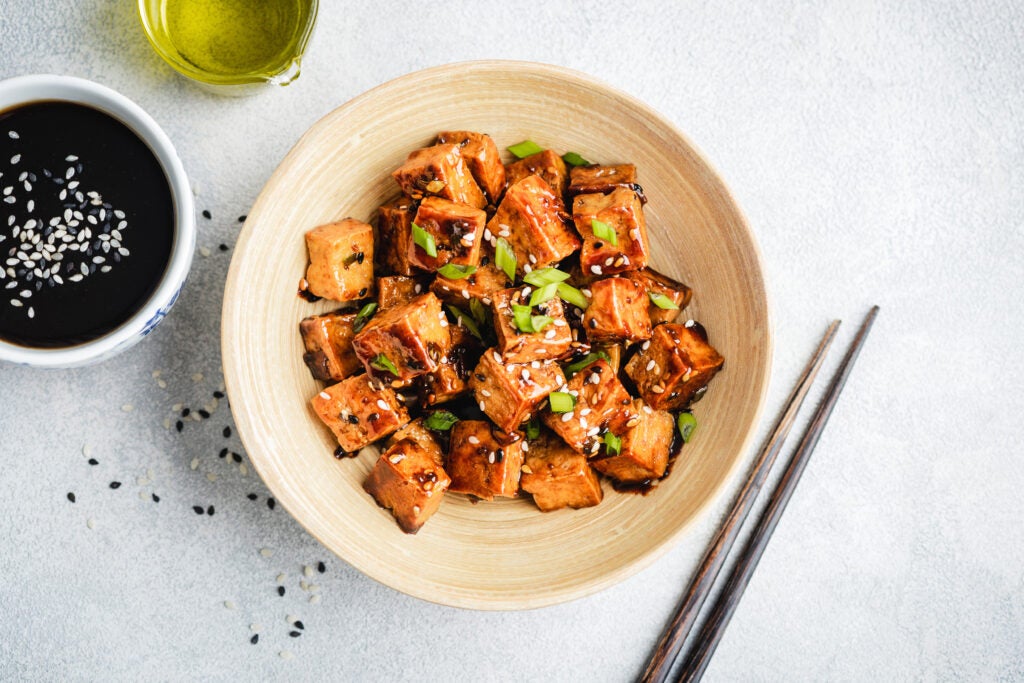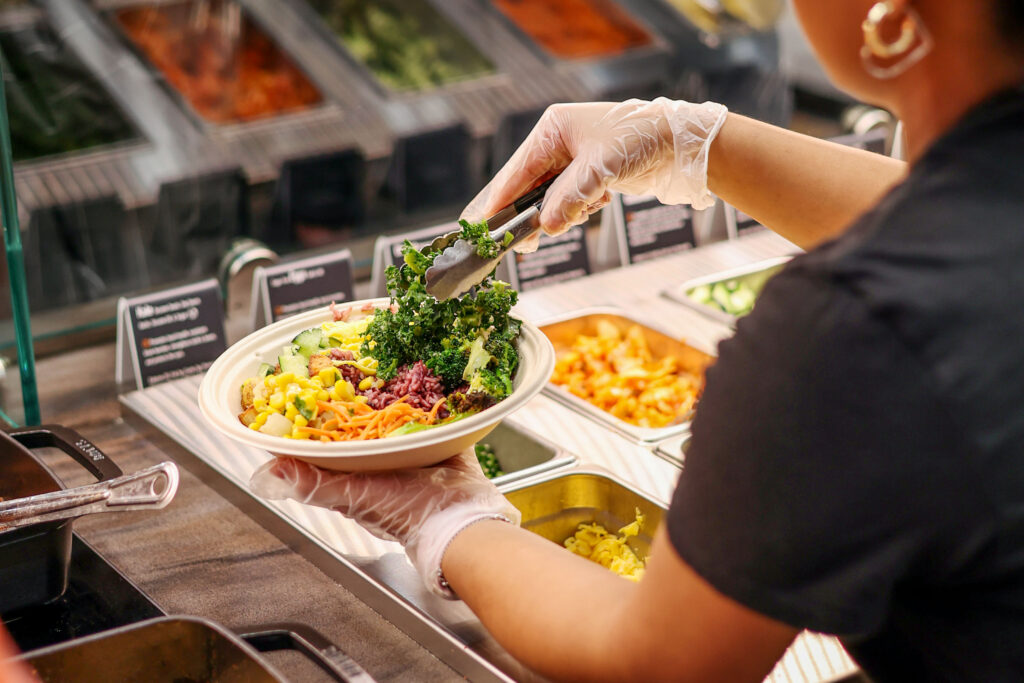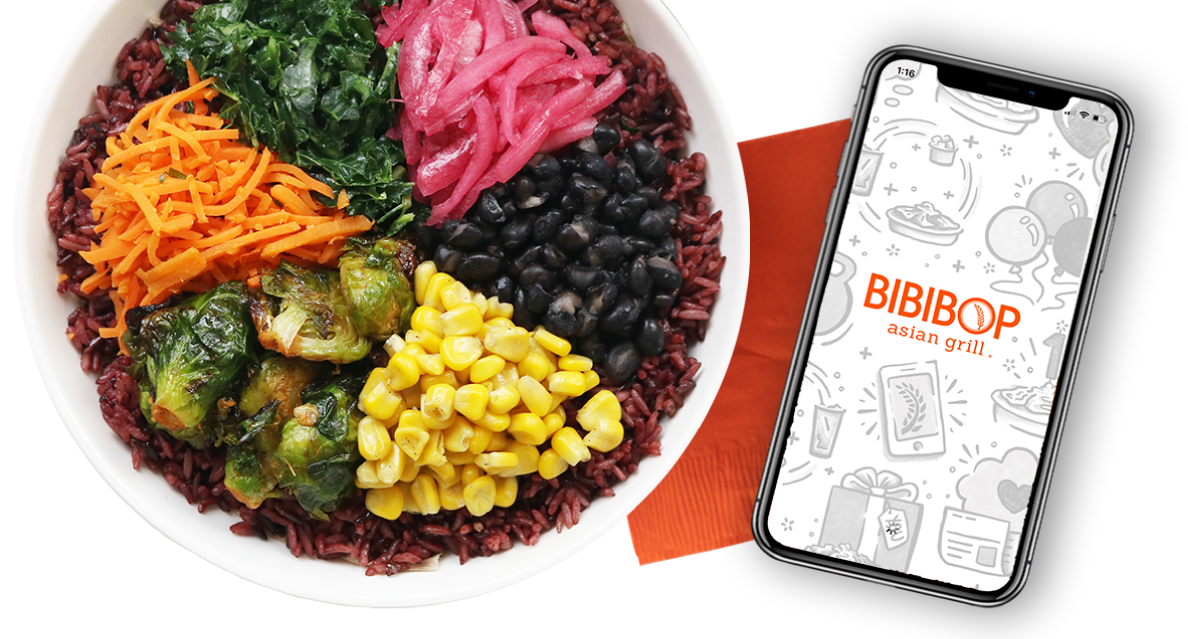
Veganism and the global interest in Korean cuisine have individually made headlines for the past few years. But in recent times, these two trends have intermingled, leading to the rise of vegan Korean restaurants worldwide. This fusion garners such attention you should sample it yourself.
Historical Context
Korean cuisine has deep historical roots, with many dishes being naturally vegan or vegetarian due to Buddhism’s influence on the peninsula for centuries. From temple cuisine to using varied plant-based ingredients like tofu, mushrooms, and many vegetables, Korea has always had a flair for vegetarian meals.

Globalization of K-pop and K-drama
The spread of Korean pop culture, from K-pop to K-dramas, has brought global recognition to all things Korean. As fans worldwide immerse themselves in these shows and music, curiosity about Korean food has inevitably followed. While traditional dishes like bulgogi and samgyeopsal are popular, there has been a noticeable appetite for vegan versions, given the growing vegan movement globally.
The Vegan Shift
As more people turn to veganism due to health, environmental, and ethical reasons, the demand for diverse vegan dining options has skyrocketed. This demand has given a unique niche for vegan Korean restaurants to thrive, offering dishes that are not only delicious but also align with these values.
Adaptation of Classics
One of the significant factors driving the success of vegan Korean restaurants is the seamless adaptation of classic dishes. Kimchi is made without fish sauce, ‘jajangmyeon’ using plant-based protein, or ‘tteokbokki,’ emphasizing vegetable flavors without compromising taste. By retaining the essence and flavors of traditional dishes while making them vegan-friendly, these restaurants attract vegans and non-vegans alike.
Health Benefits
Korean cuisine, known for its spicy, tangy, and flavorful profile, is also acclaimed for its health benefits. The emphasis on fermented foods, whole grains, and various vegetables makes it nutritionally rich. When combined with veganism, these dishes can be not only palatable but also a nutritious choice, further driving their global appeal.

Cultural Hubs and Vegan Korean Eateries
Cities known for their multicultural vibe, like Los Angeles, London, and Sydney, have seen a rise in vegan Korean restaurants. These establishments, often run by passionate chefs and entrepreneurs, are becoming cultural hubs. They are spaces where one can enjoy great food, learn about Korean traditions, and engage in conversations about sustainability and health.
Final Thoughts
The rise of vegan Korean restaurants globally is a testament to global diners’ evolving tastes and preferences. It’s a delightful convergence of tradition, flavor, and modern values. As these restaurants continue to redefine Korean cuisine’s boundaries, it’s evident that vegan Korean dishes are more than just a passing trend – they’re here to stay.
Visiting a vegan Korean restaurant offers a delightful and memorable culinary journey, whether you’re a die-hard vegan, a K-drama enthusiast, or someone who enjoys good food.




